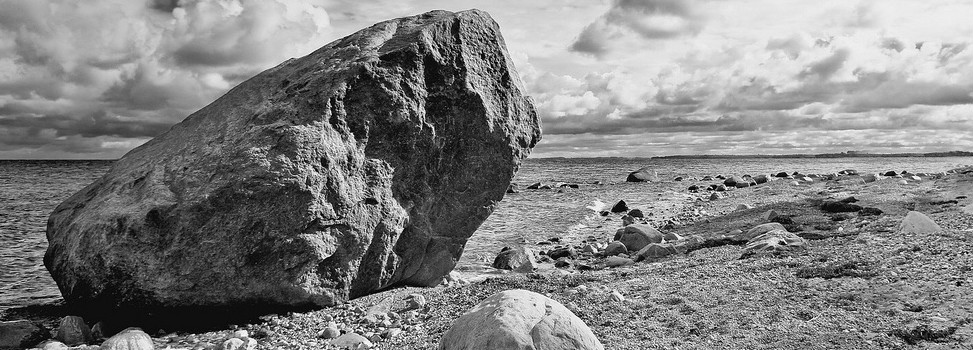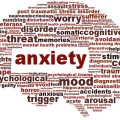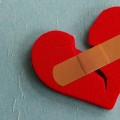
The loss of a loved one to suicide is a trauma few would ever expect and can easily become a turning point in survivors’ lives relative to how they cope with situations moving forward.
Through suicide loss, we experience the worst of the worst: shattered lives, unthinkable tragedy and eternal questioning over how someone so close could do something so far from imaginable.
While I’ve always been a planner, navigating a sea of life change has triggered more pronounced feelings of anxiety and panic. One afternoon, I decided to pause and take inventory of what was happening. My dad’s death occurred over six years ago but the level of worry I experienced reminded me of that sinking gut feeling I knew all too well after receiving the dreaded phone call that one sunny Thursday. Very specific situations started to send me into another stratosphere of analysis and “crisis response.” On some occasions, it was like I was waiting for another shoe to drop. Acute hypervigilance at its finest.
However, the incidents all turned out to require nowhere near the level of thought or problem solving I anticipated. Frankly, it became annoying and embarrassing because when friends would check in with me about the situations I deemed so troubling, I shyly brushed aside their questions knowing that things were actually now perfectly manageable.
Where was this coming from?
Around the same time, I innocently came across a Pinterest post with tips on how to stop “Catastrophizing.” (Thanks, universe.) This was a word I hadn’t heard before but I became curious. And, what do you know – it encapsulated exactly what I was feeling.
Psych Central describes catastrophizing as an irrational thought a lot of us have in believing something is far worse than it actually is. It can take two forms: making a catastrophe out of a current situation and imagining making a catastrophe out of a future situation.
While I was partly relieved to have an answer to what was happening, I exhaled a big sigh of disappointment. I could pinpoint exactly when in my life this type of emotional response began – that sunny Thursday morning six years ago. Ugh. Yet another side effect of my dad’s decision.
I’ve always been a planner who strives to establish a pathway and generate answers to questions before they even arise. Learning by surprise that the strong patriarch of our family killed himself crumbled any map I could have ever written for the future. From that point on, how could one NOT imagine a catastrophe out of someone not answering their phone or running late?
In the moment of reading the article, I promised myself I would work only from proven facts instead of building my own in speculation. I reminded myself that I have built strong coping skills in the wake of loss, even if I’d rather not use them again. And, I continue to operate in the present where everything is currently well. Meditation and Reiki help.
Has this ever happened to you? You’re certainly not alone. Psychology Today offers 5 Ways to Stop Catastrophizing.




Thanks for sharing! Becky! I am very sorry for the loss of your dad. I have never heard of this term either. It describes what I feel a lot of the time having two young adult kids going through life with the weight of their dads suicide. I am always waiting for a phone call, another tragedy, another something that will tear me up all over again. This too became my thinking 8 years ago on a Thursday night when I received a knock on the door and phone call, both officers letting me know my husband their dad is never coming home and he died by suicide. I try so hard everyday to work on my thinking and read everything I can get my hands on along with a trauma therapist and for most days it helps but I still have my peaks and valleys and it depends on where my kids are at in their journey for sure. I have had a hard time not wearing their ups and downs. I won’t give up. I will keep learning and hoping one day I can go a full day without waiting for that big boot to drop. Thank you so much for sharing. Wish you the best !
In the aftermath of a suicide I found myself worrying about my children dying by suicide. Any friend who was having a rough time worried me. I was diagnosed with PTSD and its very common to be hyper vigilante after you lose someone to suicide. Would that be the same thing as what this blog is talking about?
Hi Bethany, I too have been diagnosed with PTSD and it started about 6 months after his suicide and became stronger over these last few years. I’m getting help and have learned some tools which help sometimes and other times I just have to leave the situation and come home where I feel safe. I am so sensitive to my kids emotions and whenever they are stressed or going through some major event in there life good and bad I’m extra sensitive and have to really work on taking care of myself. I’m afraid when they are sad or challenged with a situation that it will lead to suicide too! It’s awful and unfair to all involved. I don’t want to go there but I do:( I’m kind of one of those hover moms only because I’m scared. I live scared. I have a good book suggestion for you. It’s Co Dependent no more. It’s actually part of Alanon I think and some chapters don’t really work for me but a lot of the book does and I go to it over and over again when I’m struggling with the thoughts/ anxiety of losing my kids or seeing them in pain and not trying to control it . Hope this helps:) 💕